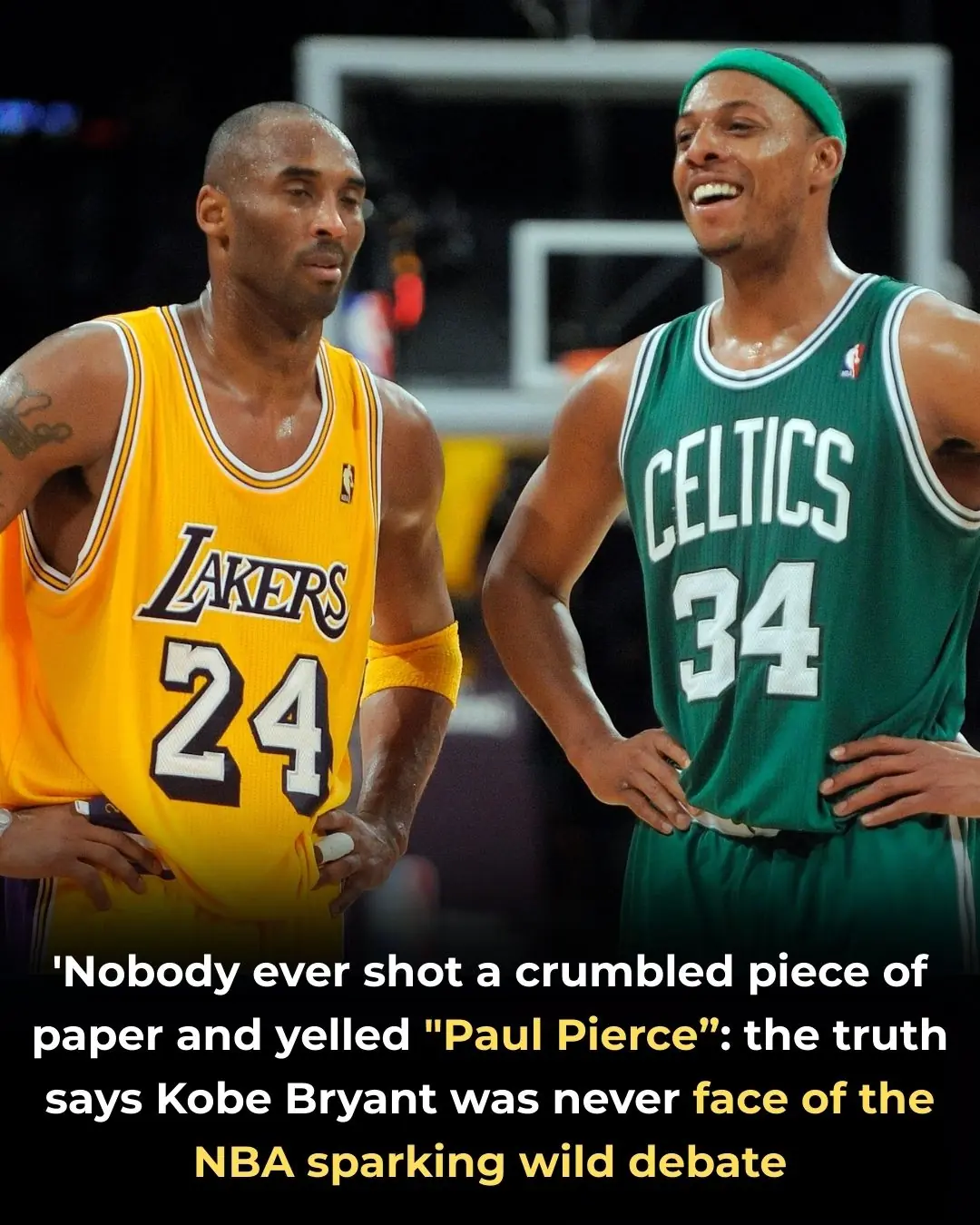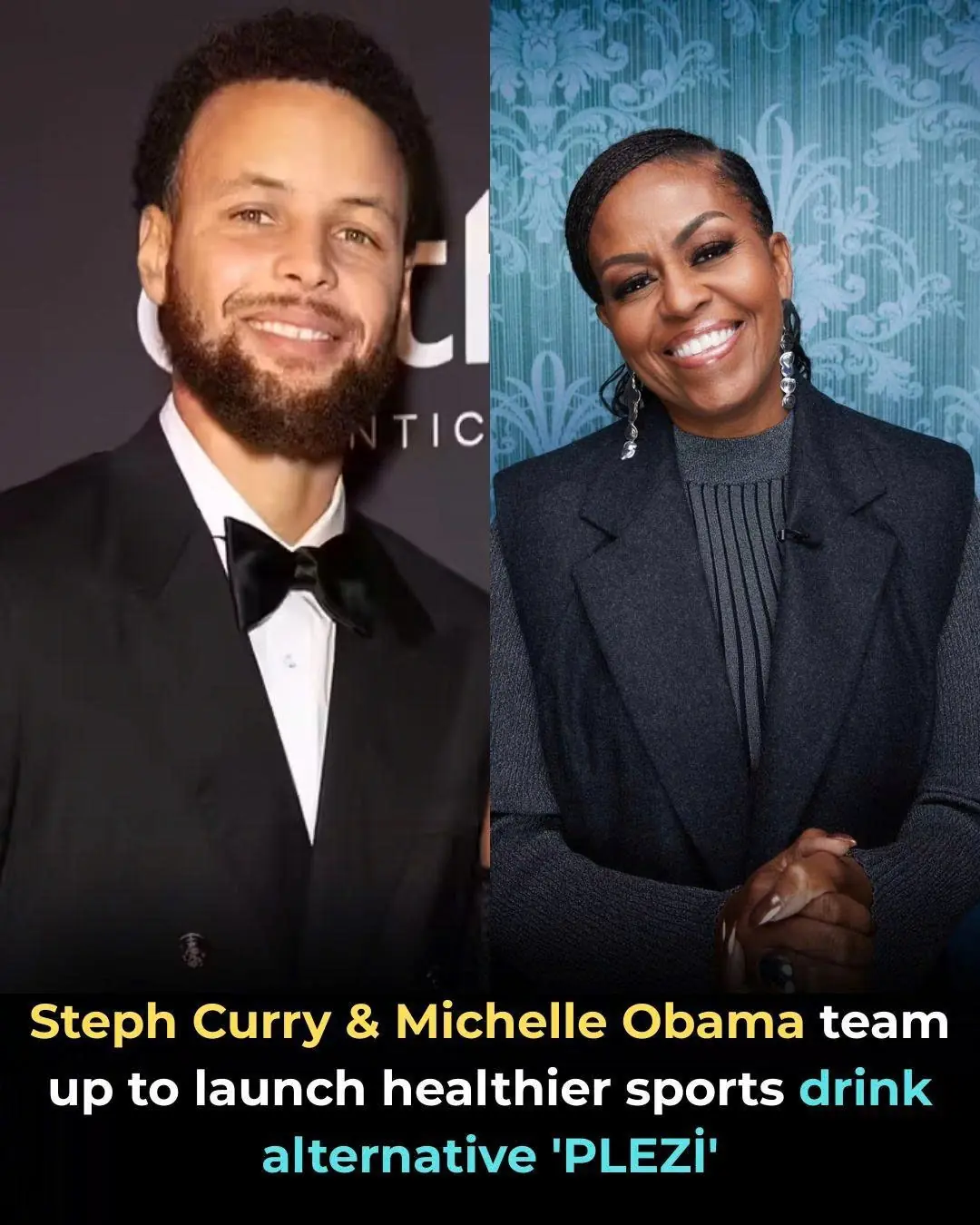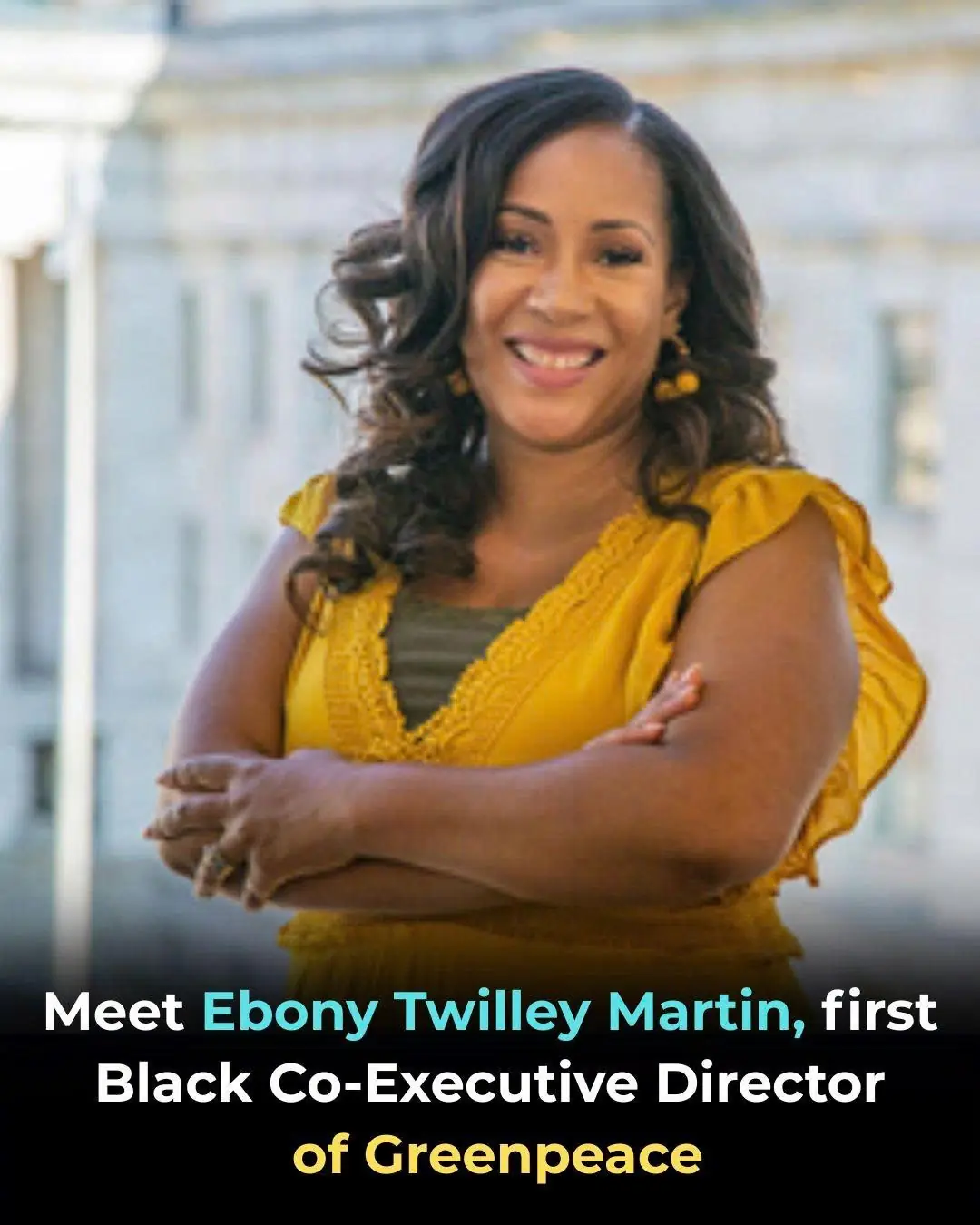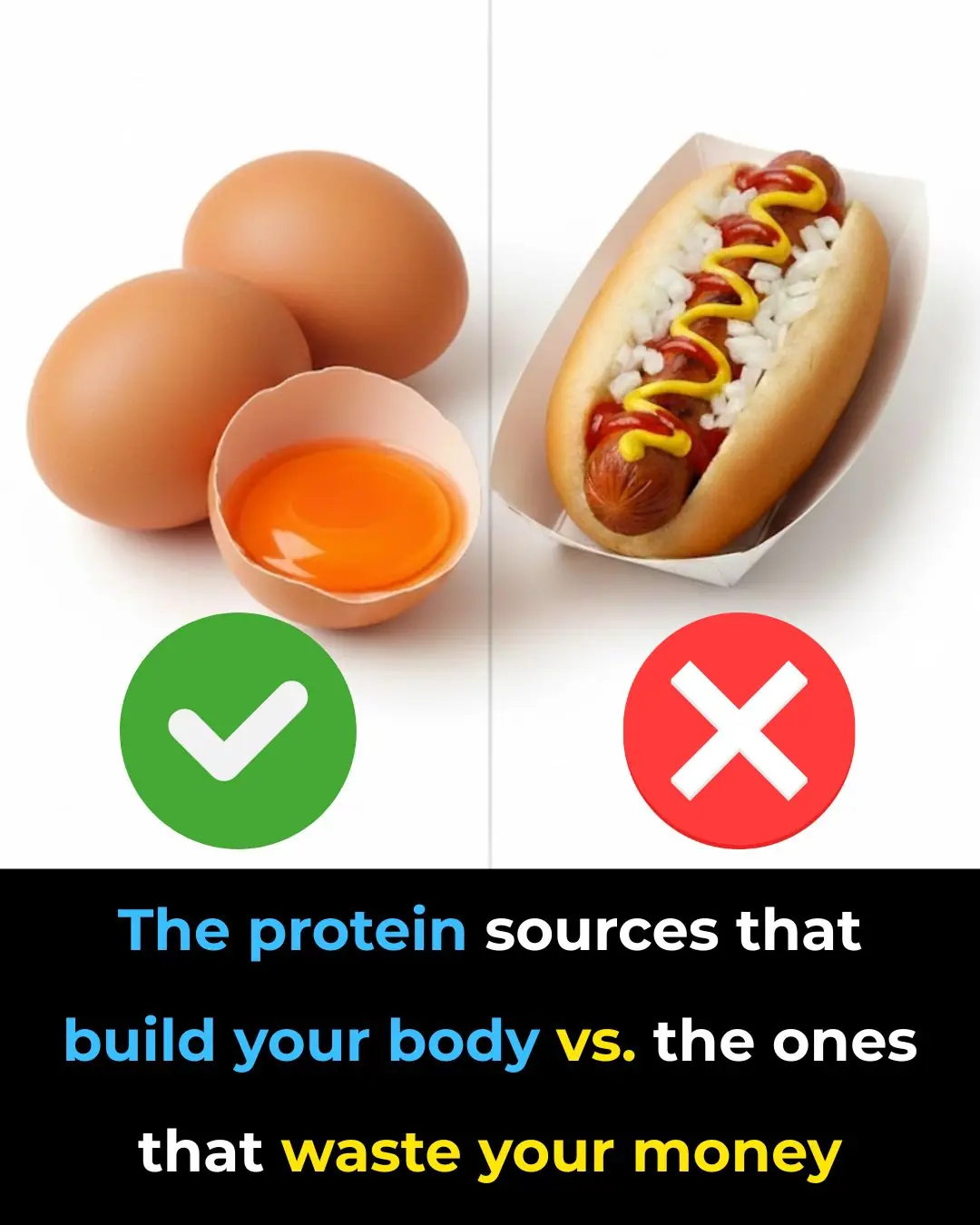
Why the CEO of Black-Owned Beauty Brand The Honey Pot Turned Down a $450M Offer
Beatrice Dixon has never approached The Honey Pot like a traditional startup, and her leadership choices continue to reflect that unconventional philosophy. To the CEO and co-founder, the company is more than a business venture—it is a spiritual assignment, a legacy, and a responsibility she believes was handed to her through ancestral guidance. This is why she stunned many in the beauty and wellness industry when reports resurfaced revealing that she once turned down a staggering $450 million offer for the company. Though timelines of the offer remain unclear, the decision has taken on new life as media outlets revisit the story.
A Mission Rooted in Purpose, Not Profit
The Honey Pot—now recognized for its plant-derived, cruelty-free, and innovative feminine wellness products—cultivated a loyal audience quickly after Dixon introduced her early washes and wipes. Early retail placement, especially at major chains like Target, helped fuel national visibility. Yet Dixon’s commitment to ownership and autonomy remained firm, even when enormous financial opportunities were presented.
As she previously shared with Forbes, the idea for her first product emerged not in a lab but in the midst of a deeply personal struggle with recurring bacterial vaginosis. After trying countless products without relief, she had a dream in which her grandmother appeared with a solution. “She told me she’d been walking with me, watching me struggle, and she knew exactly what to do,” Dixon recalled. “All the remedies I’d been using separately needed to be combined to create a single potion.”

This vision became the seed for her first formula.
From a Kitchen Experiment to a National Brand
Using a $21,000 loan in 2012, Dixon began developing products in her apartment kitchen, determined to create something that actually worked. Two years later, her natural feminine wash debuted at the Bronner Brothers hair show in Atlanta, where she and her small team sold 600 bottles in one weekend—an early sign of the unaddressed demand.
Dixon refined her formulas through what she playfully called a “hood clinical trial,” handing out samples to everyday customers she met while working as a buyer at Whole Foods. Word spread, demand grew, and eventually The Honey Pot landed distribution in Target. But with that opportunity came intense pressure: staying on shelves, scaling with limited capital, managing supply chains, and navigating an industry not built for women like her.
She often spoke about the difficulty of fundraising, telling Bloomberg and Forbes that she faced many rejections before finally receiving investment from Richelieu Dennis—founder of Sundial Brands and owner of Essence—and the New Voices Fund. Their support helped the company expand during a crucial period.
A $450 Million Decision—and a Community Watching
As the brand gained traction, acquisition offers rolled in. But Dixon turned down those she felt would compromise her company’s spirit—including the now-famous $450 million one. “I would have been selling my soul,” she told Forbes, underscoring her belief that the wrong buyer could jeopardize the mission behind the brand.
The Honey Pot also faced intense scrutiny from consumers, especially amid online rumors in 2022 that the company had been sold. Dixon felt compelled to publicly correct the narrative in a video statement:
“We have not sold. We are the same brand that you lifted up and fought for two years ago. Honey Pot is a human-owned brand. I built a revolutionary line with my brother and our team. To erase what we’ve created is to dismiss everything we’ve built together.”
The Right Deal at the Right Time
In 2024, Dixon ultimately accepted a $380 million acquisition deal with Compass Diversified—this time with a partner she felt truly aligned with. She told Bloomberg and Essence that Compass respected her team, her strategy, and her long-term vision.
“They believed in who we were,” she explained. “They understood that for Honey Pot to evolve, we needed to lead the transition. They let us keep our team. They believed in our direction.”
Dixon maintains a minority stake in the company and continues serving as CEO and Chief Innovation Officer.
The numbers tell the story of the brand’s explosive growth. According to Bloomberg, The Honey Pot generated more than $100 million in annual gross revenue in 2023, with about $121 million in gross sales. After joining Compass Diversified, the brand contributed approximately $104.6 million in revenue in 2024 alone.
Redefining What It Means to Exit
Dixon has long been transparent about her desire to eventually exit her company. In a 2020 interview with The Helm, she discussed the cultural pressures placed on Black women entrepreneurs, who are often discouraged from selling or seeking large investments. She emphasized the importance of financial empowerment:
“I absolutely do want to exit my company. I want people to understand that there’s no shame in selling your business. That’s how you get to wealth.”
She added, unapologetically,
“Once you get to wealth, you can take care of your family, your community, and yourself. You finally get to see the fruits of your labor.”
News in the same category


Rumer Willis gives heartbreaking update on dad Bruce’s dementia battle

Watch Jelly Roll's daughter's savage reaction to slimmed-down singer shaving his face for first time in a decade

YOUTUBER WHOSE PARTNER SPLIT UP WITH HIM AFTER ‘HUMILIATING’ WEDDING ACT SPEAKS OUT ON ARREST

STRANGER THINGS' ACTOR'S RARE CONDITION WAS WRITTEN INTO STORY AS HE GREW UP ON NETFLIX SHOW

ALMOST NO ONE WILL KNOW THE NAME OF THE PERSON WHO'S BEEN ON TV THE MOST IN HUMAN HISTORY

ANT AND DEC SNUCK ‘6-7’ MEME INTO I’M A CELEBRITY AND NO ONE NOTICED

Toy Story cast's dramatically different lives as iconic film turns 30

Iman Shumpert’s Daddy-Daughter Photo Started The Most Heartwarming Twitter Thread About Fatherhood

Watch JAY-Z Stop Mid-Concert To Tell This Nine-Year-Old Girl That She Can Be President

‘Breakfast With Dads’: Almost 600 Men Show Up To Mentor South Dallas Middle School Students

Chadwick Boseman, Sheryl Lee Ralph And Brandy All Named In The Hollywood Walk Of Fame Class Of 2024

‘Nobody Ever Shot a Crumbled Piece Of Paper And Yelled “Paul Pierce”‘: The Truth Says Kobe Bryant Was Never Face Of The NBA Sparking Wild Debate

Long-Lost Brothers Reunite After 20 Years And Discover They Attend The Same College

Steph Curry & Michelle Obama Team Up to Launch Healthier Sports Drink Alternative ‘PLEZi’

Random Act Of Kindness: Young Man Helps Woman Get Home After Her Electric Wheelchair Loses Power

This Photo Of A Student Walking To Bus Stop To Get To His Graduation Is Determination Personified

This Couple’s Love Story Will Leave You Feeling Inspired

Ebony Twilley Martin Named First Black Co-Executive Director Of Greenpeace
News Post

Gallbladder removal: what happens next and 3 risks to watch for

The Surprising Link Between Fruit Consumption and Stronger Lung Health

10 Warning Signs Your Kidneys May Be in Danger

The 37-Dimensional Photon: A Breakthrough That May Transform Quantum Computing

New Research Reveals Toxic Exposure May Drive More Dangerous Breast Tumors

Revolutionary FDA-Approved Drops Restore Clear Near Vision Without Glasses

Gary ‘Mani’ Mounfield of Stone Roses and Primal Scream dead at 63

Rumer Willis gives heartbreaking update on dad Bruce’s dementia battle

The protein sources that build your body vs. the ones that waste your money

Watch Jelly Roll's daughter's savage reaction to slimmed-down singer shaving his face for first time in a decade

Your pancreas could be ‘silently inflamed’ right now and you’d never know until it’s too late

6 Trigger Foods That Cause Agonizing Pain If You Have Neuropathy

The 5 foods that quietly fuel diabetes — and what to avoid to help reverse it

What if you ate 4 eggs a day with the yolks for 30 days

YOUTUBER WHOSE PARTNER SPLIT UP WITH HIM AFTER ‘HUMILIATING’ WEDDING ACT SPEAKS OUT ON ARREST

STRANGER THINGS' ACTOR'S RARE CONDITION WAS WRITTEN INTO STORY AS HE GREW UP ON NETFLIX SHOW

ALMOST NO ONE WILL KNOW THE NAME OF THE PERSON WHO'S BEEN ON TV THE MOST IN HUMAN HISTORY

ANT AND DEC SNUCK ‘6-7’ MEME INTO I’M A CELEBRITY AND NO ONE NOTICED

Toy Story cast's dramatically different lives as iconic film turns 30
